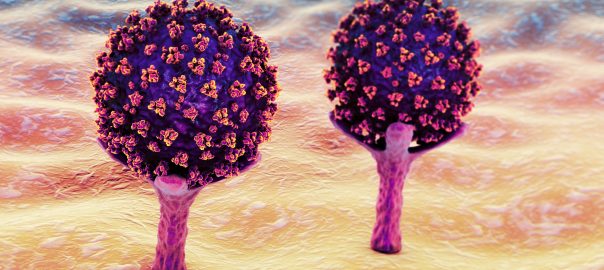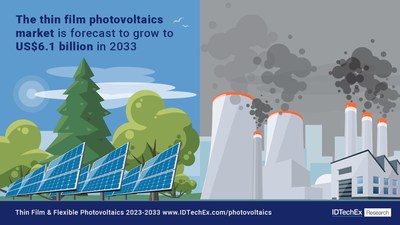Mpelembe Network ~The Cornish people are a Celtic people who have lived in Cornwall, England, for centuries. They have a distinct culture and language, and they have a strong sense of identity. Some people might say that the Cornish people are tribal, but this is a complex issue. Continue reading
Tag Archives: Natural sciences
A professor is going to live in an underwater hotel for 100 days – here’s what it might do to his body
Bradley Elliott, University of Westminster
As nightmares go, being trapped in a small box deep underwater is probably high on many peoples’ lists. But one US professor is doing this on purpose. Joe Dituri, a former US navy diver and expert in biomedical engineering has been living in a 55 square meter space 30 feet below the surface of the Florida Keys since March 1, and plans to stay for 100 days. If he manages this, he will break a record for most time spent in a habitat beneath the surface of the ocean.
Life: modern physics can’t explain it – but our new theory, which says time is fundamental, might
Sara Imari Walker, Arizona State University
Over the short span of just 300 years, since the invention of modern physics, we have gained a deeper understanding of how our universe works on both small and large scales. Yet, physics is still very young and when it comes to using it to explain life, physicists struggle.
How to test if we’re living in a computer simulation
Melvin M. Vopson, University of Portsmouth
Physicists have long struggled to explain why the universe started out with conditions suitable for life to evolve. Why do the physical laws and constants take the very specific values that allow stars, planets and ultimately life to develop? The expansive force of the universe, dark energy, for example, is much weaker than theory suggests it should be – allowing matter to clump together rather than being ripped apart.
Omicron BQ.1 and BQ.1.1 – an expert answers three key questions about these new COVID variants
Manal Mohammed, University of Westminster
Two new omicron subvariants, BQ.1 and BQ.1.1, are quickly gaining traction in the US, collectively accounting for 27% of infections as of October 29. Both are descendants of BA.5, the omicron variant that has dominated around the world for some months.
S&P Global Mobility Special Report: A reckoning for EV battery raw materials
Geopolitical turbulence and the fragile and volatile nature of the critical raw-material supply chain could curtail planned expansion in battery production—slowing mainstream electric-vehicle (EV) adoption and the transition to an electrified future. Continue reading
IDTechEx Asks if Thin Film PV Is an Answer to Today’s Energy Threats
Thin film photovoltaics (PV) currently comprises a relatively small proportion of the total photovoltaics market yet offers extensive opportunities for applying solar power in new applications. The simplicity in design, the ease of manufacturing, and the cost-competitiveness with conventional silicon photovoltaics make it exceptionally well-suited to both high-volume manufacturing and regional manufacturing. The variety of thin film PV technologies, including perovskite, dye-sensitized, organic, cadmium telluride, and copper indium gallium selenide, and their potential for a wide selection of promising applications is assessed in IDTechEx’s latest report, “Thin Film Photovoltaics 2023-2033”. Continue reading
TECNO LAUNCHES FIRST LAPTOP MEGABOOK T1 AT IFA, BERLIN
TECNO, the global premium smartphone and smart device brand, debuts its first laptop product MEGABOOK T1 at the IFA in Berlin today. TECNO MEGABOOK T1 is designed for the young generation Z with a lighter but better MEGA performance laptop in a cost-effective price of this range. Designed for their carry-by usage, MEGABOOK T1 features the ultra-thinner up to 14.8mm, featherweight 1.48kg of 15.6 inches with a shining design. It also provides a 17.5 hours long-lasting battery satisfying up to 3 days of work, plus the 65W smallest size with gallium nitride (GaN) charger to carry-free. The MEGABOOK T1 will be available at retail in Q3, 2022. Continue reading
‘Carter’ Director Byung-gil Jung Launches Multiverse-themed NFT Project Through ARKPIA
ARKPIA, a global Non-Fungible Token (NFT) brand, has launched filmmaker Byung-gil Jung’s new NFT artwork, which embodies a multiverse concept envisioned by the director. Continue reading
Higgs boson: ten years after its discovery, why this particle could unlock new physics beyond the standard model
Martin Bauer, Durham University and Stephen Jones, Durham University
Ten years ago, scientists announced the discovery of the Higgs boson, which helps explain why elementary particles (the smallest building blocks of nature) have mass. For particle physicists, this was the end of a decades-long and hugely difficult journey – and arguably the most important result in the history of the field. But this end also marked the beginning of a new era of experimental physics.










